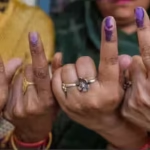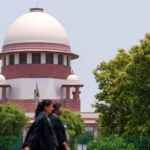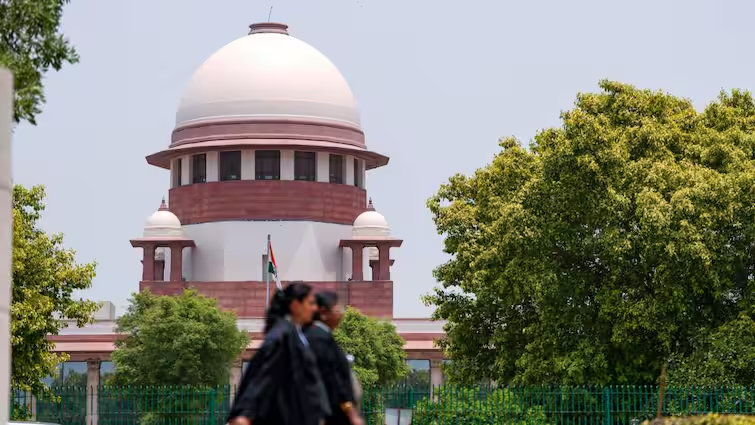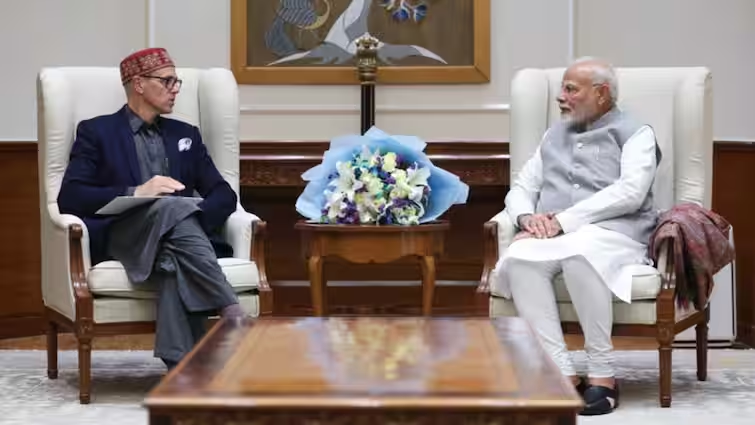They Aim to Build Hindia’: Kamal Haasan Criticizes Three-Language Formula, Endorses Stalin on Delimitation
In Chennai, actor and Makkal Needhi Maiam (MNM) leader Kamal Haasan joined representatives from various political parties for an all-party meeting chaired by Tamil Nadu Chief Minister MK Stalin. The discussion centered on the controversial issue of Lok Sabha seat delimitation, with a focus on protecting Tamil Nadu’s political influence and ensuring that southern states are not unfairly impacted by the process.
Speaking to ANI after the meeting, Kamal Haasan argued that the existing 543 Lok Sabha seats are adequate to represent India’s population, even with its current size of 145 crore. “These 543 members have guided the country to where it is today—they are enough,” he said, though he mistakenly referred to the number as 453. He further proposed that if representation needs to expand, it should occur at the state level by increasing legislative assembly seats, given that state governments handle the implementation of central policies.
Kamal Haasan also criticized the Centre’s three-language formula under the National Education Policy, alleging it aims to transform India into “Hindia” and disadvantages non-Hindi-speaking states. According to India Today, he accused the Centre of using financial incentives to impose Hindi, pressuring states to comply. Echoing CM Stalin’s stance, Haasan opposed any increase in Lok Sabha seats, emphasizing that state-level representation should take priority, as reported by The Times of India.
Stalin’s Call for a Joint Action Committee
During the meeting, CM Stalin suggested forming a Joint Action Committee (JAC) with MPs and political leaders from southern states to address potential losses in representation. He pushed for the 1971 Census to serve as the basis for delimitation and called for a constitutional amendment to secure equitable representation for the next three decades.
Stalin warned that Tamil Nadu, currently with 39 Lok Sabha seats, could see its influence diminish if delimitation relies on recent population figures. He argued that states like Tamil Nadu, which have effectively managed population growth through welfare programs, should not face penalties for their success, while states with higher population increases gain an advantage. “The delimitation threat looms large over south India, and Tamil Nadu stands to lose the most,” he said, according to PTI.















